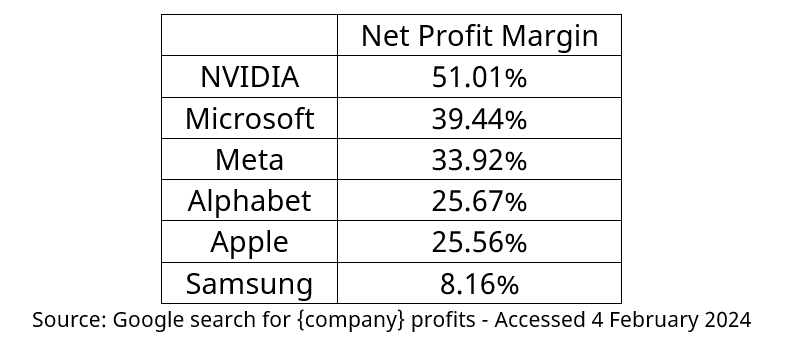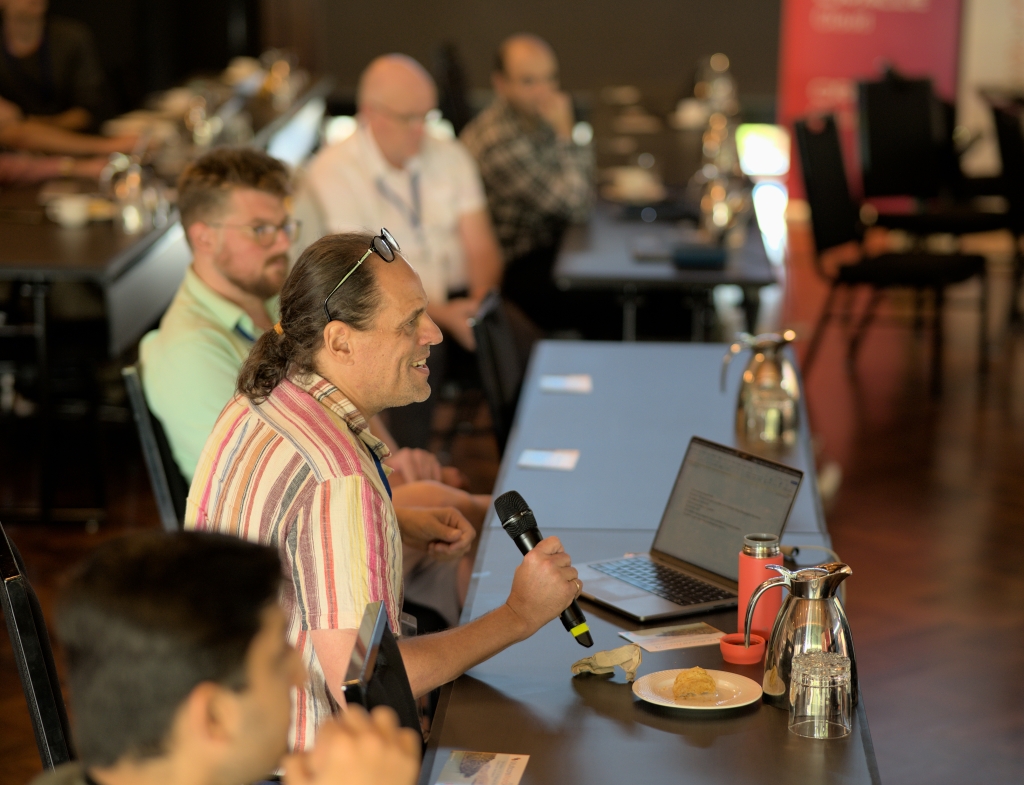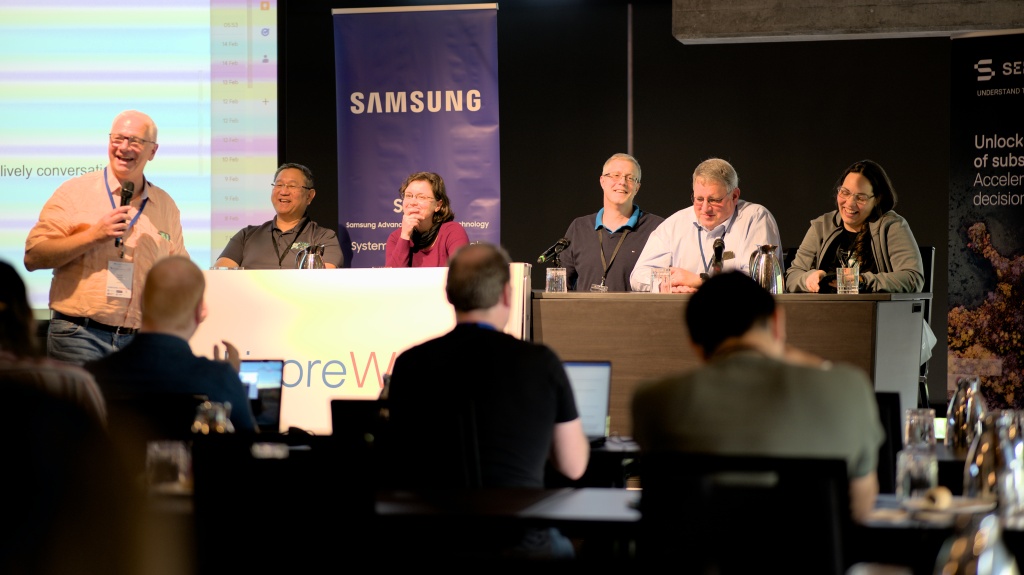Thursday 15 February 2024
Introduction – Background and questions for the panelists.
When enough is enough? Do we need exascale and beyond?
“Investment in supercomputing and related HPC technologies is not just a sign of how much we are willing to bet on the future with someone else’s money, but how much we believe in it ourselves, and more importantly, how much we believe in the core idea that we can predict and therefore shape the future of the world” (*)
“The best HPC systems in the world can only simulate a rude approximation of anything for a reasonably long term, or a high fidelity approximation for a very short term, measured in picoseconds to seconds depending on what it is. We just don’t have enough compute to really simulate at the necessary scale”. Can we afford it?
“The rise of the hyperscalers and generative AI based on the personal information culled from billions of people and untold zillions of interactions between us and our retailers, our governments, our schools, and every other kind of imaginable telemetry”, created “new winners” (check table) and is challenging what is strategic long-term R&D and where it should be going.

Do you think that the world is taking HPC as seriously as it needs to if we are to solve some pretty big problems?
HPC isn’t a hugely profitable business -should it be?
Are governments, taxpayers, society at large being more and more disconnected about technological and scientific advance? Who’s filling the gap?
Which technologies are essential to make the Future of Computing “feasible”?
In 2023, TSMC became the world’s biggest #semiconductor maker by revenue, topping Intel and Samsung Electronics for the 1st time.
2023 Revenue in US dollars
TSMC: $69.30 billion
Intel: $54.23 billion
Samsung (chip division): $50.99 billion
Thread 1/9 $TSM $INTC #Samsung pic.twitter.com/FUqm6xha5O— Dan Nystedt (@dnystedt) February 4, 2024 https://platform.twitter.com/widgets.js
How is power consumption, access to raw materials & resources, supply chain issues, government restrictions, globalisation changes going to influence roadmaps? Is realistic to aim beyond exascale?
Moderator: Nicolás Erdödy (Open Parallel Ltd)
(*) Paragraphs taken from The Next Platform article “The future we simulate is the one we create” (Recommended reading) https://www.nextplatform.com/2024/01/06/the-future-we-simulate-is-the-one-we-create/ with personal written permission from the author, Timothy Prickett Morgan -co-editor of The Next Platform.
Quotes from the Audience:
- “One of the most lively debates that I saw in Multicore World over the years”
- “Panelists are just having fun arguing with each other”
- “Wonderful discussion about technical problems and societal problems”
Quotes from the panel:
- We are not building machines to do Computer Science, but to advance science.
- We can ask -what are we really trying to accomplish? Why do we do science in general?
- Outreach is important. We can change the perception of the ROI of HPC.
- From the science value perspective we need more than zettascale, but from the HPC/ROI we may have a different answer.
- There’s a different valuation metric between tech and science.
- Scientists and engineers say “Problems have solutions” -but politicians say “There are issues and resolutions” -A resolution can be that a constituent is no longer complaining, doesn’t necessarily solve the core of the problem.
- Why exascale? Because the problems take us there!
- HPC is pioneering tons of innovations.
- GenAI exists because of HPC -the HPC community deserves some credit.
- Exascale is not necessarily required for Digital Twins.
- Examples of spirit of innovation in New Zealand e.g. Burt Munro (“The world fastest Indian”)
- Democratising innovation: new innovation in the hardware space, HW/SW codesign, chiplets.
- We have been chasing speed but from now we have to ask what other innovations are there? Connecting data? Novel algorithms?
- How do consider the future of new materials e.g. graphene, biomaterials? e.g. present them by asking -think how faster your AI will be
- And much more…!
Buy your ticket for Multicore World 2025 HERE




